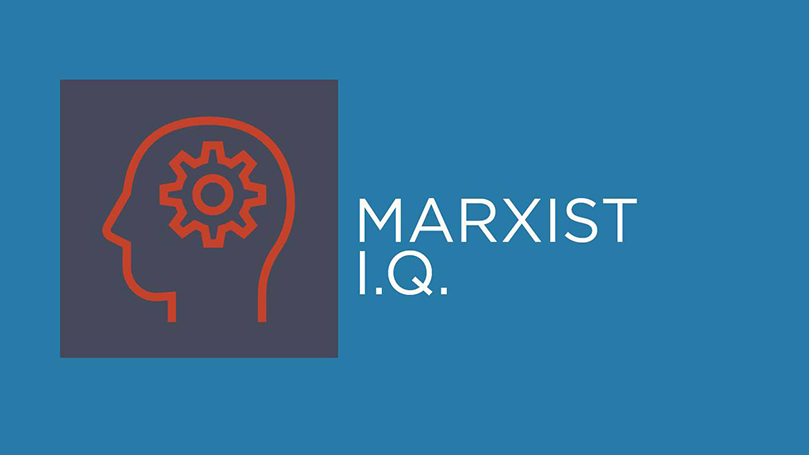Marxist IQ: The great October socialist revolution (answers)

1. Marxists see wars throughout history as
b. a consequence of the exploitation and oppression of class-divided societies.
2. In his analysis of what he called “ultra-imperialism,” Karl Kautsky opposed V. I. Lenin’s analysis of imperialism in that he
c. believed that imperialist powers could cooperate to divide the world short of war and revolution.
3. Lenin, in Imperialism: The Highest Stage of Capitalism, attributed the rise of modern imperialism to which of the following factors?
a. The merger of industrial and bank capital to create finance or monopoly capital
b. The export of capital to colonial regions throughout the world
c. The formation of international monopolies and rival alliances of states to divide and redivide the world, leading to war and revolution
d. All of the above
4. Applying his theory of imperialism to Czarist Russia in 1917, Lenin came to which of the following conclusions?
c. Russia was the weak link among the imperialist powers fighting the war, and its revolution would have to be rapidly transformed into a socialist one if it were to survive as a country.
5. Which of the following were Lenin’s most important theoretical contributions?
a. The theories developed in What Is to Be Done (the vanguard party), State and Revolution (establishment of a revolutionary socialist state), and Imperialism: The Highest Stage of Capitalism (imperialism as the degeneration of capitalism into great wars and revolutions).
Score:
0 wrong: Theoretician. Write an article! Teach a class!
1 wrong: Developed Marxist. Form a study group, join the party.
2 to 3 wrong: Class-conscious worker – study harder.
4 to 5 wrong: Danger! deviations possible. study and then study some more lest you drift into the marsh of opportunism!
